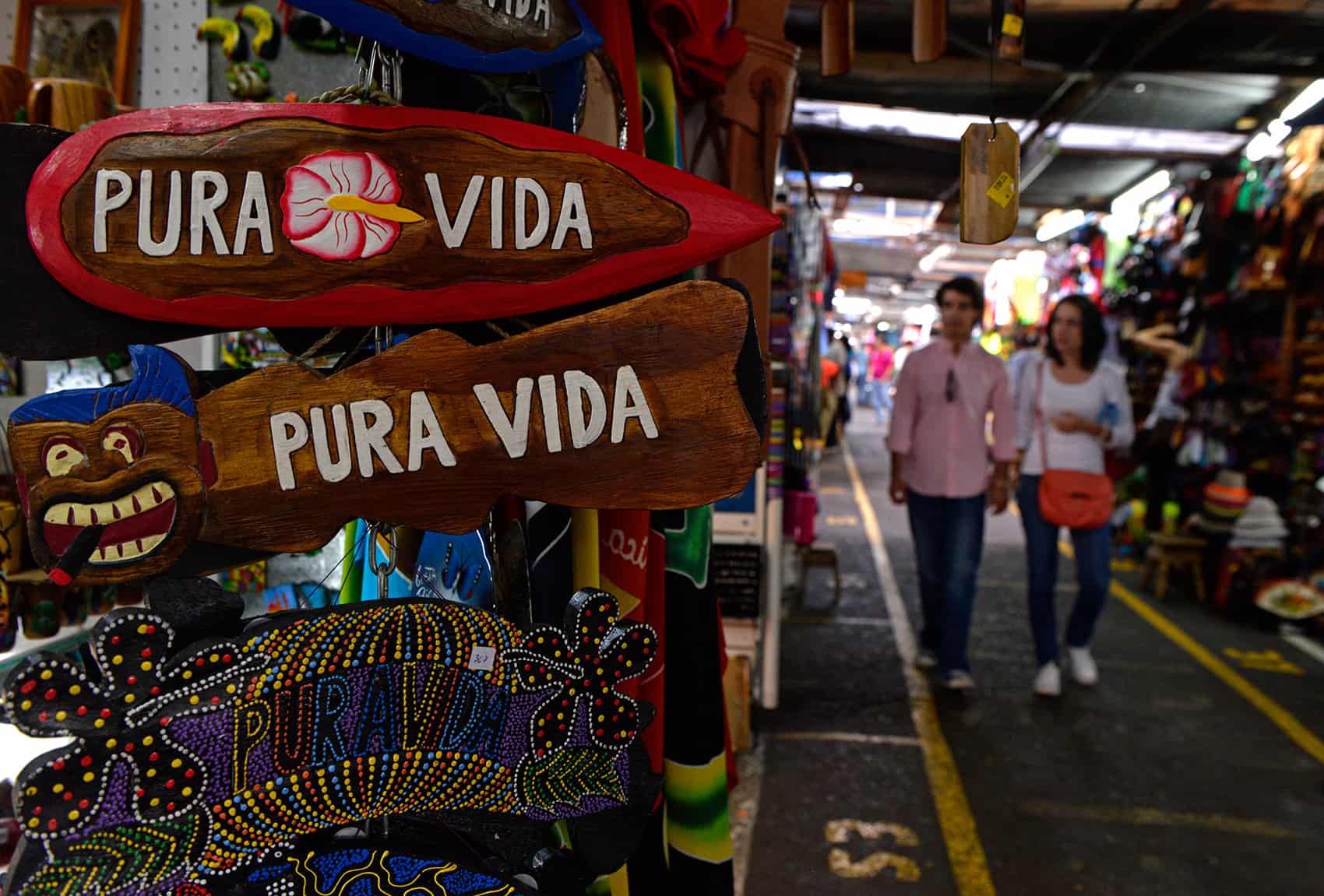Costa Rica’s ban on arriving tourists may not be lifted anytime soon.
During a press conference Thursday afternoon, Health Minister Daniel Salas said reopening Costa Rica’s borders to tourists could erase the relative success the country has had in managing the coronavirus.
“In this moment, there are a lot of focal points of transmission all around the world,” Salas said. “Opening borders, at this point, would mean starting to have focal points of transmission throughout our country.
“It would be a question of a few days until we had a scenario of mass community transmission.”
When Costa Rica declared a State of Emergency on March 16 due to the coronavirus, it announced a ban on arriving tourists. That measure has been extended until May 15, and Salas has already indicated it will likely be extended further.
Under the current restrictions, Costa Rican citizens, and Costa Rican residents who departed the country before March 24, are among the only people who can legally enter Costa Rica.
“We all want to be in a scenario pre-COVID-19,” Salas said. “That scenario doesn’t exist right now.”
Costa Rica appears to have slowed the spread of SARS-CoV-2. Thursday, the country reported its fourteenth consecutive day of decreasing active cases.
But the restrictions established to achieve that success have had widespread economic impacts.
More than 562,000 Costa Ricans have already applied for emergency financial assistance from the government, authorities said Thursday. The International Monetary Fund this week approved a $504-million loan for the country.
Tourism, which has been particularly affected, comprises an estimated 8.2% of Costa Rica’s GDP.
“I understand the sacrifice,” Salas said.
“The situation is very delicate. We are in a balance of not wanting to approach a precipice of continuous deaths, where there isn’t an option of providing intensive-care beds to patients.”
Costa Rica will begin on Friday to relax some coronavirus measures. But beaches, national parks and private nature reserves — pillars of Costa Rica’s ecotourism sector — will remain closed.
The Health Ministry is considering opening those establishments at a future date, according to President Carlos Alvarado.
As that happens, Salas suggested Thursday that Costa Rica will promote domestic tourism before welcoming back foreigners.
“I think the most cautious would be that in some time, if the curve permits, start to see how we can do internal tourism,” Salas said. “Opening borders to allow foreigners to arrive freely could cause us to have cases all over the country, and we wouldn’t be able to trace those cases and manage them as we have until this moment.”






